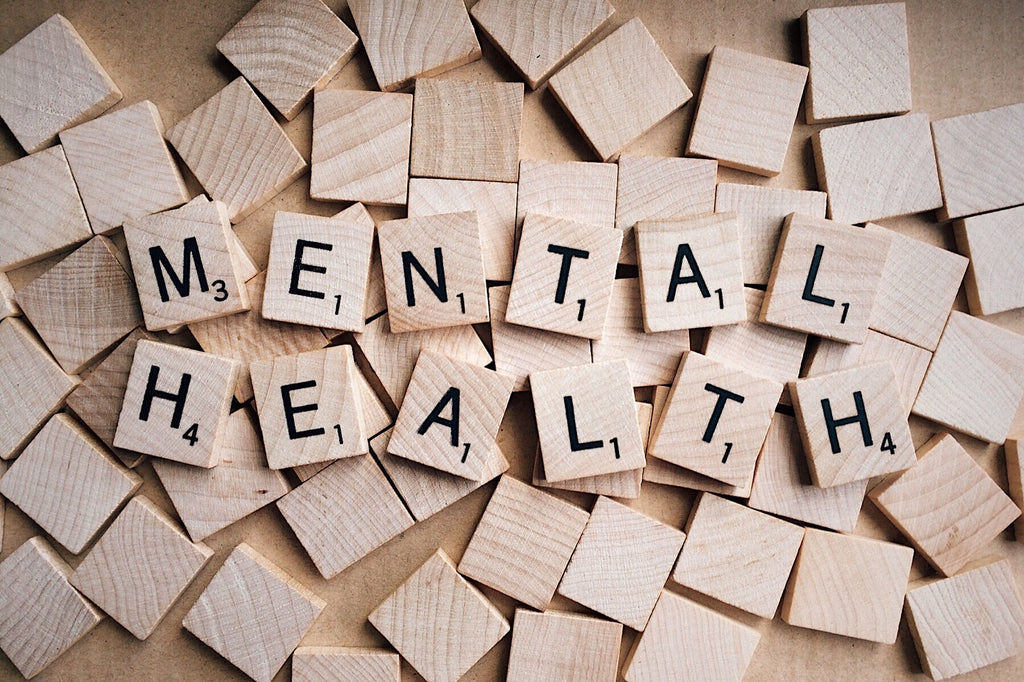Five Ways Sleep Can Improve Your Mental Health
The relationship between sleep and your mental health is well established. After a good night’s sleep, we all feel better able to cope with whatever life throws our way. By the same token, if you suffer from certain mental health disorders your sleep may well be impacted. For all of us, getting enough quality sleep makes a world of difference when it comes to our mental health. Here are five ways sleep impacts your sense of well-being.
What Are the Benefits of Better Sleep?
- Improves resilience
- Improves mood and physical recovery
- Reduces depression
- Relieves anxiety
- Increases focus
1. Smooth out the Emotional Roller Coaster with Sleep
If you’ve ever had to deal with a tricky family situation or attend a tense meeting at work first thing in the morning after a poor night of sleep you know how being tired impacts your mood. Your fuse gets shorter and you may find yourself snappy, irritable, sad, or unable to concentrate. Getting enough sleep improves your cognitive processing ability and boosts your emotional resilience. It’s easier to stay calm and non-reactive when you are well rested.
2. A Good Night’s Sleep Related to a Positive Outlook and Can Improve Muscle Recovery
Even the most complicated of life’s challenges seem a little less daunting when you are dealing with them after a full night of good sleep. Sleep disruptions, on the other hand, can lead you to believe the worst and make it difficult to problem solve your way through a move, new job, a relationship change, and obviously Covid. One study demonstrated that sleep-deprived subjects were less able to focus on happy faces than those who had enjoyed a full night of sleep. But on the bright side when you get enough sleep you not only improve brain function but you also accelerate recovery and maximize muscle function.

3. Reduce Impact of Depression by Addressing Sleep Issues
Because getting enough sleep reduces stress hormones and has an impact on how much and which type of neurotransmitters are present in the brain, getting plenty of sleep can help reduce the symptoms of depression. Patients with major clinical depression respond better to treatment when they also address insomnia. Sometimes, insomnia can be an early indicator that the patient is on the road to developing a major depression. It’s not always easy to tell which comes first - insomnia or depression, but what is clear is that improving sleep is helpful in either case.
4. Better Sleep Quality Relieves Anxiety Symptoms
PTSD sufferers and those with anxiety disorders also often suffer from associated sleep disorders. As with depression, dealing with insomnia or poor sleep increases the likelihood that treatment for anxiety and PTSD will be successful. Scientists are still teasing out the cause and effect relationship between poor sleep and onset and severity of conditions like PTSD and various anxiety disorders.
5. Improving Sleep Quality is Helpful for those with ADHD
Making sure that one has enough, good quality sleep can help improve focus and attention in those who suffer from ADHD. Studies show that between 25 and 50% of children with ADHD also experience problems falling asleep or staying asleep. The whole family is likely to notice benefits when a child is well rested, so it’s definitely worth investigating changes to the evening routine that will facilitate drifting off to sleep.
Good sleep hygiene (a quiet, dark room, a good mattress and pillow, limiting screen time before bed) is helpful to anyone hoping to get a decent sleep. By making sleep a priority, we can all benefit - physically and emotionally. At Luxe Pillow we understand just how important sleep is. That’s why we’ve put so much effort into designing and producing a pillow to optimize those precious hours we spend in bed, sound asleep.

